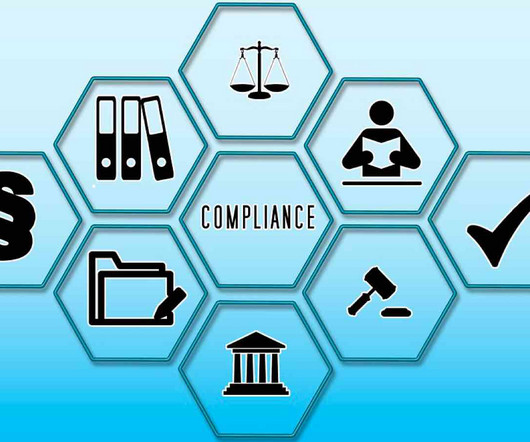The Best Way for a Business to Handle Chargeback Management
Clearly Payments
NOVEMBER 18, 2024
Skills Required: Attention to detail, familiarity with card network rules, and proficiency in analyzing transaction data. Analyze the reason code provided by the card issuer to determine the cause of the chargeback. Employee Training : Keep your team updated on card network rules and dispute resolution techniques.














Let's personalize your content